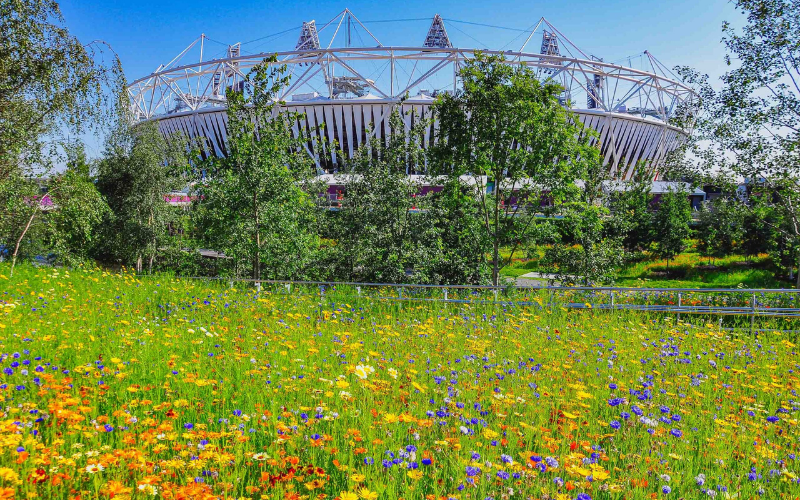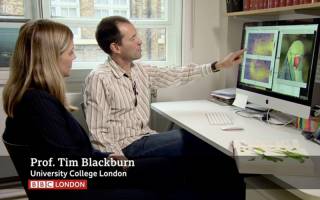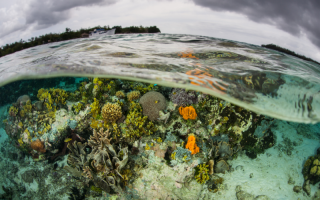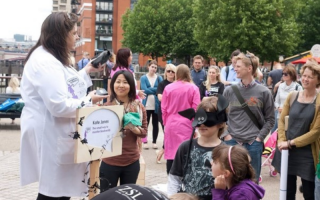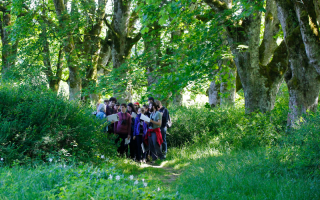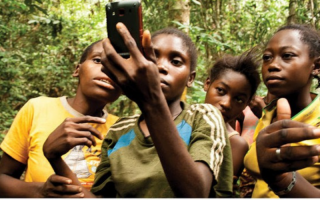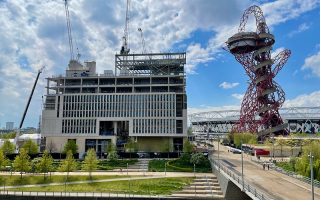Why is the People and Nature Lab So Important?
Why is this needed?
Ecology is no longer a luxury or an add on. It is now at the core of our economy, health and wellbeing as people and as a planet. Environmental risks such as climate action failure, biodiversity loss, and natural resource crises are perceived by world leaders as the top long-term global risks (World Economic Forum). The United Nations Sustainable Development Agenda recognises the links between the environment and human health and wellbeing, and achieving the “Global Goals” is an important driver for governments and businesses worldwide.
Public awareness of climate change, biodiversity loss, and ecosystem degradation is also increasing, and people all over the world are demanding solutions. But how do we do this? How do we make ecological thinking and consideration of the ecosystems in which we live intrinsic to our lives and everything we do from designing cities to thinking about a new bathroom to our choice of transport?
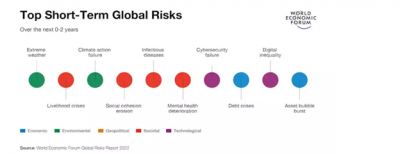
Applying these tools to the ecological crisis requires crossing disciplinary boundaries, collaborating with public and private bodies, and ensuring social and environmental equity by working directly with the public. It also requires combining skillsets from different disciplines, e.g. big data analytics, ecology, stakeholder management, public health, and urban planning.
The People and Nature Lab is a hub where this knowledge and expertise are developed, enabling society to answer the biggest nexus problems we currently face.
What We Do
The People and Nature Lab takes nearly two centuries of ground-breaking work in the fundamentals of biosciences at UCL and applies it to solving global challenges related to biodiversity and the environment. We do this through cutting edge research, teaching and living experiments at Queen Elizabeth Olympic Park.
Our work fits within four closely connected themes:
- Quantitative ecology
- Human health and wellbeing
- The application of citizen science, and the study of the systems that support it
- Urban planning and development
Researchers in the People and Nature Lab work across all these themes. You can read about our research in more detail here.
Students studying on our taught programmes (MSc Ecology and Data Science; MSc Citizen Science) actively engage in our research. Academic staff - including research staff and PhD students - are involved in all of our teaching. By working together in this way, researchers and students co-produce the knowledge and expertise that we need to tackle the complex global human and environmental challenges that define the modern age.
What makes the People and Nature Lab Unique?
The strength of the People and Nature lab lies in the sum of its parts.
Since its founding in 1826, UCL has been home to key figures in nature conservation including John Lindley, Robert Grant, Francis Oliver, Arthur Tansley, Edward Salisbury and most recently Georgina Mace. UCL’s latest incarnation in ecology and the environment is the Centre for Biodiversity and Environment Research (CBER), established in 2013. CBER’s ground-breaking research in biodiversity and the environment is regularly featured in the world’s leading scientific journals, used by policy makers, and highlighted by the media.
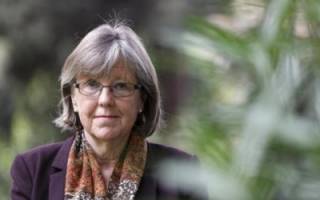
At the People and Nature Lab, we bring together in one place academics from the Biological Sciences department ranked first in Europe; the eight ranked Life Sciences Faculty globally; the first institution in the world for architecture/built environment; and the sixth in the world for computer science research.
From these we draw expertise from a world leading research on biodiversity and climate change (CBER), and a global leader in Artificial Intelligence research (UCL Centre for AI). We additionally partner with leading researchers in industry from organisations including the Natural History Museum and the Zoological Society of London, ensuring that the work we do is relevant and applied.
The combination of the lab’s breadth of expertise across disciplines; its setting within UCL East; the ‘living lab’ of the Queen Elizabeth Olympic Park; and the scale of London’s investment in sustainability creates a unique opportunity to explore the interdependencies between modern society and the environment we inhabit.
 Close
Close


